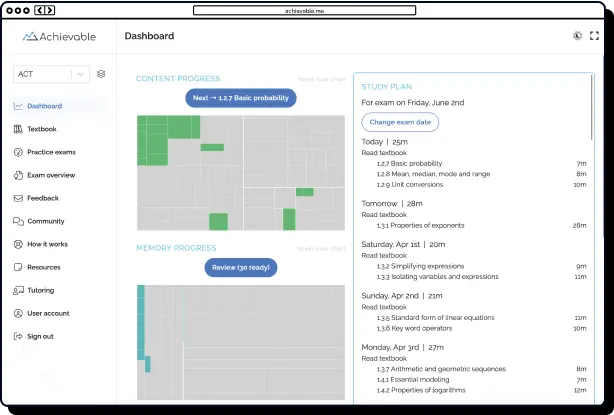
How to get insurance licenses in multiple states




If you’re in the insurance industry, then you already know that an insurance license is required to sell policies in a given state. But expanding your career often means thinking beyond state lines. To grow your client base and unlock new business opportunities, you should consider obtaining insurance licenses beyond your state of residence.
Important strategies and convenient insurance agent license reciprocity agreements make it possible to efficiently secure your credentials across several jurisdictions. In this article, we outline the best approaches for obtaining the right to sell insurance across several states and discuss how existing policies simplify the process.

Getting licensed in your home state
Each state issues its own set of licenses for insurance agents, valid only within its borders. If you haven’t already, you’ll need to obtain a license in your area of residence first. Licensing requirements vary by state, and state department of insurance websites are the best resource for the most current information. Here is how it generally works:
Taking a pre-licensing course
In some jurisdictions, such as Illinois and California, you must complete an insurance prelicensing course before you’re eligible to take your licensing test. An insurance prelicensing course is designed to prepare you for the state licensing exam by covering essential concepts and regulations. Many states offer flexibility, allowing you to take the class online. Even if your state doesn’t specifically require an insurance prelicensing course, enrolling in one is highly recommended, as it will greatly strengthen your understanding and help you succeed on your exam.
Taking the licensing exam
Once you’ve finished your insurance prelicensing course and met all pre-licensing requirements, the next step is to take your state’s insurance license exam. Exams also vary by state and will test your understanding of state-specific insurance laws and general insurance concepts.
Successfully passing the insurance license exam demonstrates your readiness to comply with regulations and begin your career in the insurance industry. A solid grasp of the material from your prelicensing course will help you feel confident and prepared on test day.
After passing the exam
Once you’ve successfully passed the insurance license exam, there are still a few important steps before you can obtain your insurance license. Most states require applicants to complete a background check and submit fingerprints as part of the insurance licensing process. After fulfilling these requirements, you’ll be ready to officially submit your application. Keep in mind that application fees can range from about $50 to over $200.
Getting licensed in other states
Now that you’re licensed in one state, it’s time to begin working on licenses within your region or beyond. In this section, we’ll go over three different ways you can get licensed outside of your home state:
Non-resident licenses
One of the ways to get licensed in a state in which you aren’t already a resident is to apply for a non-resident license. The requirements for this type of license differ from state to state; some require that you take additional licensing exams and courses, while others simply require a licensing application and fee.
Reciprocity agreements
If the prospect of taking numerous additional licensing exams seems overwhelming, you’re certainly not alone. Fortunately, several states with insurance agent license reciprocity have enacted agreements to easily allow agents to practice in multiple areas. These reciprocity agreements enable a licensed insurance agent in one state to obtain a license in another participating jurisdiction without having to meet redundant requirements. If the state where you’re seeking licensure is among those that recognize your current credentials, you’ll typically only need to pay the relevant licensing fee to practice as an insurance agent there.
The National Insurance Producer Registry
Even with the convenience of reciprocity agreements, managing multiple licenses can still require a substantial amount of documentation. The National Insurance Producer Registry (NIPR) is a valuable resource for reducing the amount of paperwork required. You can manage multiple licenses and apply for several licenses at once through the system.

Conclusion
Obtaining your insurance license in multiple states is a smart strategy to expand your client base, unlock new business opportunities, and establish yourself as a leading agent in your region. The existence of insurance agent license reciprocity simplifies the licensing process, making it more accessible than ever. With the help of this guide, navigating the process of becoming an insurance agent across regions should now feel straightforward and approachable.

